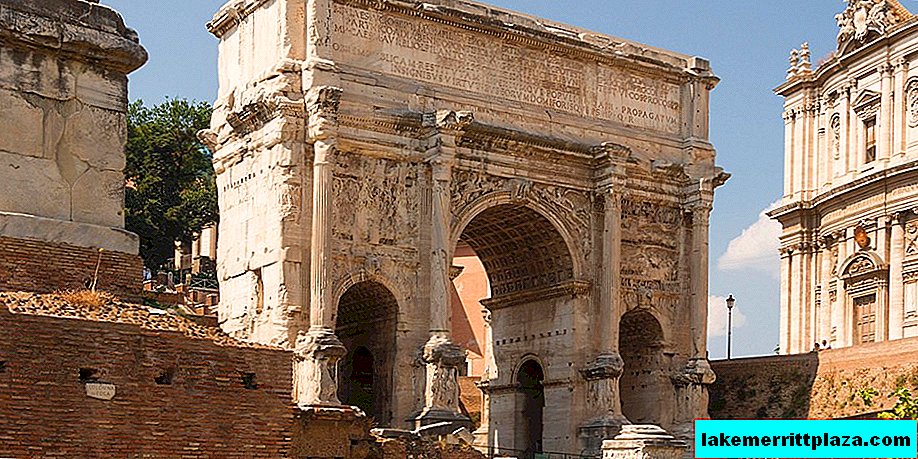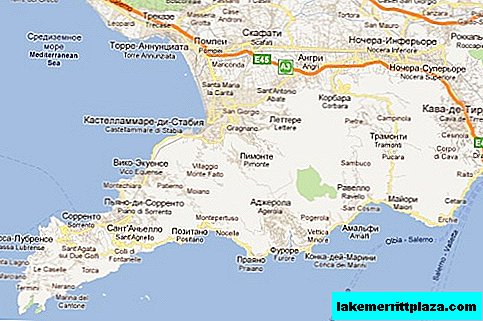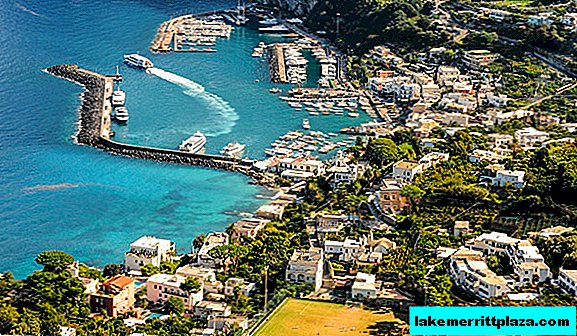A reasonable and prudent tourist, setting off for a foreign and unfamiliar country, carefully prepares for his journey. However, now it’s not about how to order tickets correctly or how to fold your suitcase, but about how you can prepare for what awaits upon arrival at your destination — namely, the features of the local way of life, mentality, and, of course, the laws of the country which you are going to.
Ignorance of the laws of a foreign country, many tourists invariably fall into trouble, or even pay huge sums as a fine for a violation that they would not consider illegal in their homeland. Like many other countries, Italy has its own legislation and, as in other states, local laws are sometimes simply amazing.
For example, in an amazing city on the water, in Venice, it is strictly forbidden to feed birds: a huge number of birds not only causes inconvenience to local residents, but also poses a significant threat to local historical monuments. From year to year, city authorities spend astronomical amounts on cleaning and protecting attractions from pigeons and starlings.

The birds not only threaten the immovable statues, but also frighten and annoy the inhabitants of Venice, who are already tired of driving out arrogant birds from their houses and apartments, as well as permanent vaccinations: pigeons are carriers of numerous diseases. The city authorities cannot shoot birds, therefore they prefer to starve them.
Today, inexperienced tourists pay about 50 euros for the feast they made for pigeons.
The capital of Italy is also not without quite strange laws. For example, local police may fine a group of people, the number of which exceeds three, for drinking alcohol, as well as for noisy or obscene behavior on the streets of the city.
The penalty for such a violation is very impressive: lovers of alcohol and fun can pay up to 500 euros.
However, the good news is that many Roman bars and cafes allow a little "rowdy" on their territory, without calling the police and without requiring a fine.
In the Italian town of Tropea, a law has long been enacted that prohibits certain women from being exposed on public beaches. Such a measure is not applied to all women: the city authorities decided that only slim and beautiful women can undress in public places, while “ugly and full women” should abandon such an idea. Moreover, this restriction also applies to elderly women: only young girls can demonstrate their beautiful forms on one of the beaches of Tropea.
And these are far from the strangest laws in force in the land of the sun. So, for example, it is quite possible that you will have to pay a fine if it turns out that you purchased low-quality goods. In no case should products of well-known brands be bought on the market: Italian legislation provides a fine for the purchase of fake items. Another strange law, which to some extent is a manifestation of gender discrimination, states that Italians should never wear skirts.








